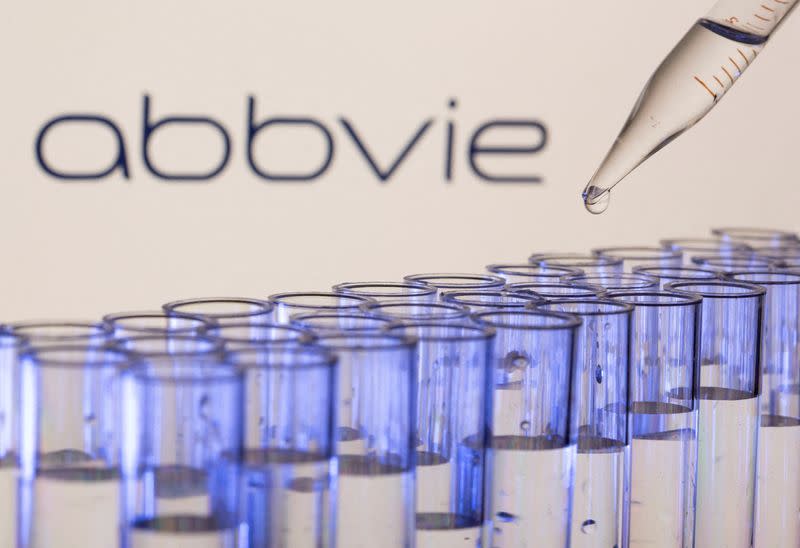US FDA rejects AbbVie's Parkinson's disease therapy for the second time

(Reuters) -The U.S. Food and Drug Administration has declined to approve AbbVie's therapy for patients with Parkinson's disease due to problems at a third-party manufacturer, the company said on Tuesday, marking the second rejection for the treatment.
AbbVie added the FDA had not identified issues with the therapy's safety or efficacy and did not request additional trials.
The therapy ABBV-951 is a version of carbidopa-levodopa, the standard of care for the disease. It is administered subcutaneously, or under the skin, through an infusion pump in order to improve patients' motor functions.
The therapy was being tested to treat patients with advanced Parkinson's disease which causes muscle rigidity and slowness of movement.
The so-called complete response letter was issued due to "observations that were identified during inspection of a third-party manufacturer", the company said.
A complete response letter is issued by the FDA indicating the company's marketing application will not be approved by the agency in its current form.
Last year, the regulator declined to approve the therapy and requested additional information on the device used to administer the treatment.
If approved, analysts estimate $619.67 million in sales for ABBV-951 in 2026, according to LSEG data.
AbbVie said it continues to work with the FDA to bring the therapy to patients in the United States.
Shares of the company are down marginally in early trade.
(Reporting by Sneha S K in Bengaluru; Editing by Vijay Kishore)


